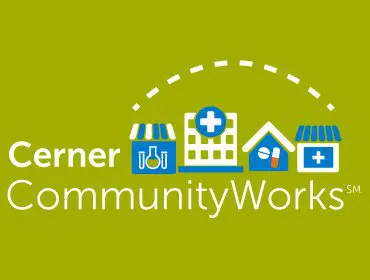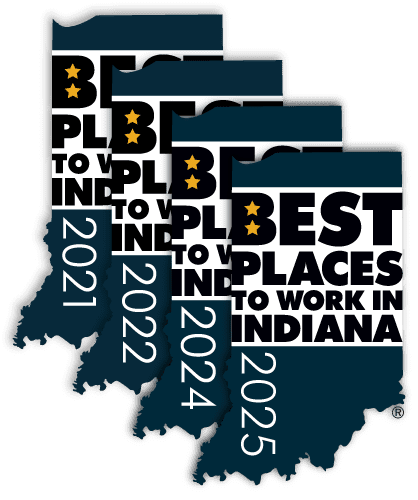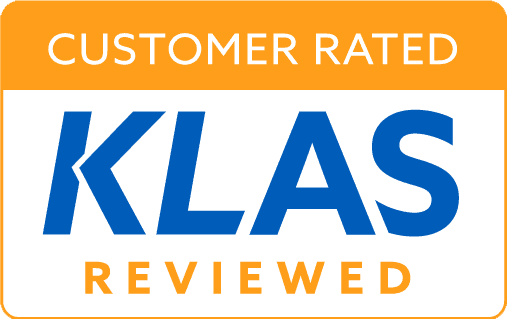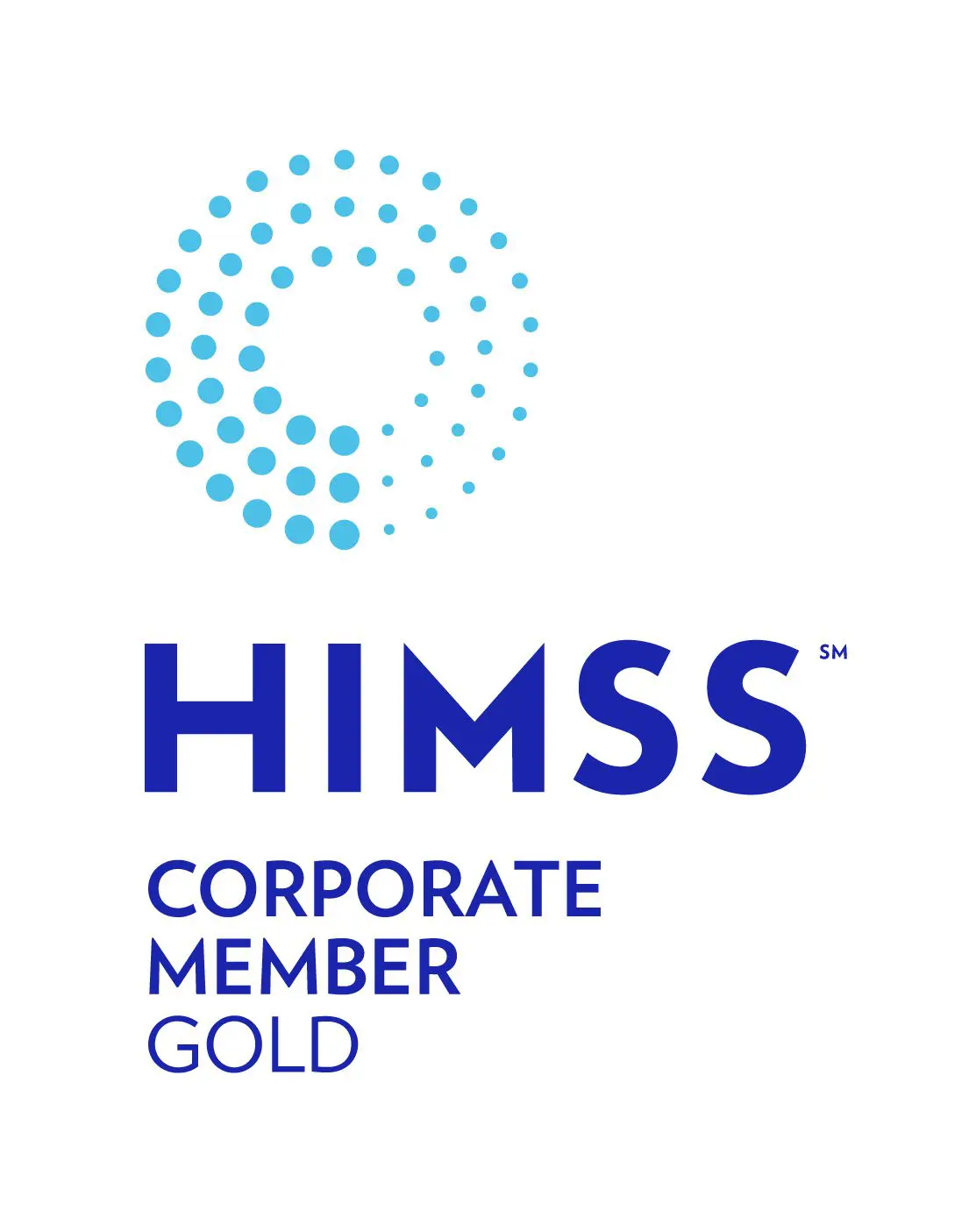
With nearly one fifth of the US population living in rural areas, critical access hospitals and other small, medical facilities are vital in health care delivery nationwide. Over the years, as electronic medical record (EMR) systems have become a necessary standard, they have also become cost prohibitive for smaller facilities.
In 2020, Cerner, now Oracle Cerner, launched its tailored cloud-based Community Works℠ solution for smaller and rural hospitals. With this effort, the larger health system extends its Oracle Cerner instance to nearby medical facilities that gain access to the Cerner Millennium® electronic health record (EHR) without the need to hire internal support teams or purchase infrastructure. The larger health systems leverage their own investment in a comprehensive EMR and support greater interoperability by connecting more providers who can be up and running within a few months.
Oracle Cerner reported in early 2023 that CommunityWorks℠ is in use at nearly 300 hospitals across 45 states and the number is growing.
The Benefits for Community Hospitals, Critical Access Hospitals and Ambulatory Clinics to Adopt CommunityWorks℠ Include:
- One electronic chart for a patient that is shared across all locations (nursing homes, med surg, primary care, pharmacies, etc.)
- Time savings from workflow efficiencies
- Increased safety and less opportunities for errors
- Opportunity to utilize a leading EHR at a smaller facility
- Predictable IT spending with an economical business model (avoids server maintenance all together and allows IT staff to concentrate on other areas.)
- Increased collaboration between multiple providers
Overall, this defined partnership helps smaller providers achieve greater results without having to reinvent the wheel or be stuck with lower tier systems or paper records.
Establishing a Legacy Data Management Strategy with a CommunityWorks℠ Implementation
With Cerner Millennium as the go-forward EHR, there is an opportunity to create a legacy data management strategy by decommissioning legacy servers, converting and/or archiving legacy data elements.
The benefits of streamlining the application portfolio include:
- Opportunity to stop paying software maintenance costs to the legacy vendor
- Removing the aging server from the technical infrastructure
- Ensuring that historical records are consolidated and accessible in a viewer that is easily accessible over time as employees come and go
- Complying with record retention regulations
When a Hospital or Clinic Decides to Opt in to CommunityWorks℠, There is a Need to Plan for the Applications it Will Replace
Harmony Healthcare IT can assist organizations moving to CommunityWorks℠
with data migration, and then archive the data from the legacy systems for staff to access historical patient, employee, and business records in a secure and cost-effective solution.
Is your community hospital on the fence about adopting Oracle Cerner’s CommunityWorks℠ solution? Do you have questions about the most efficient and cost-effective means for consolidating legacy systems while maintaining patient, financial and business records?
We can help.






